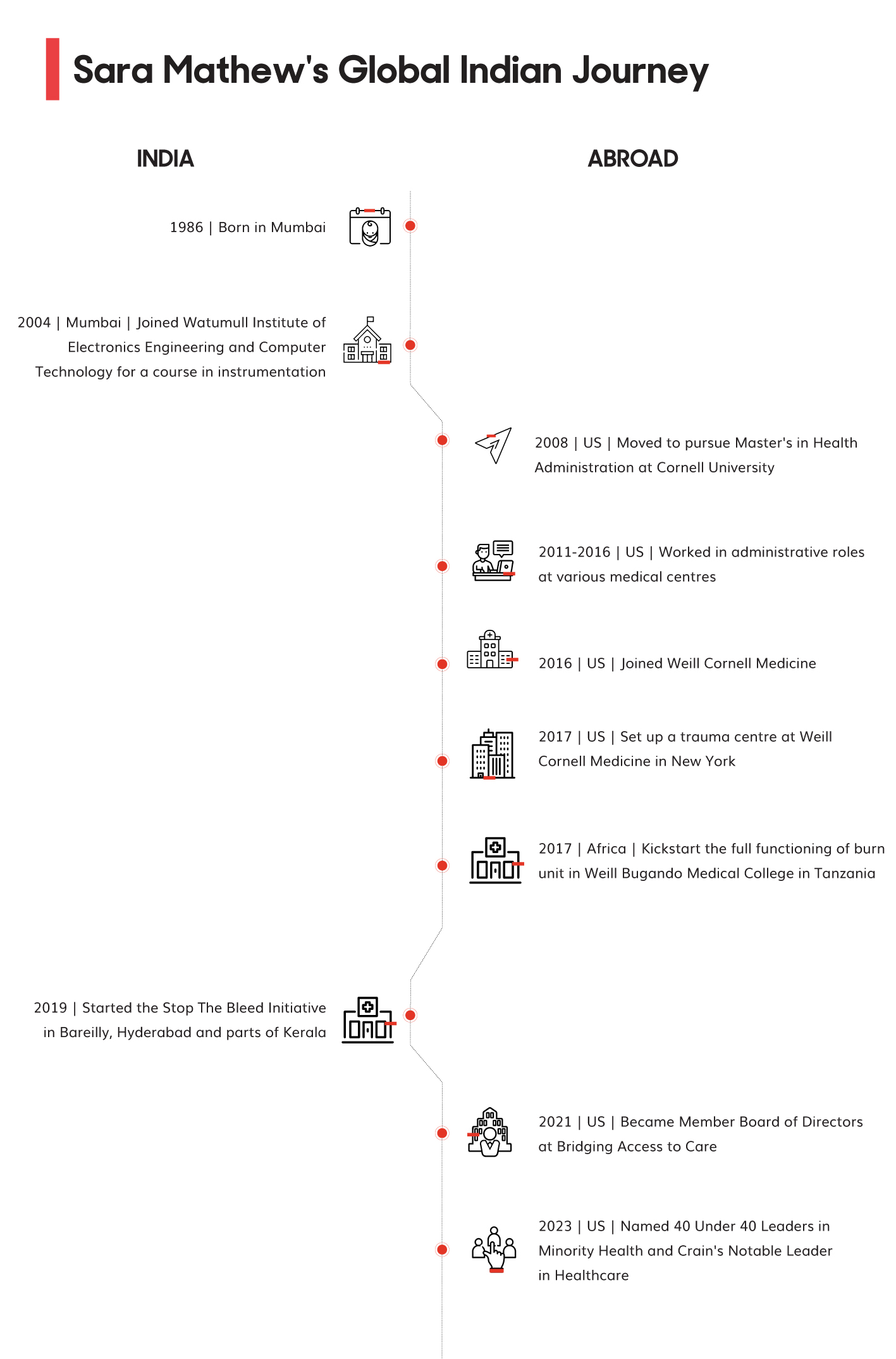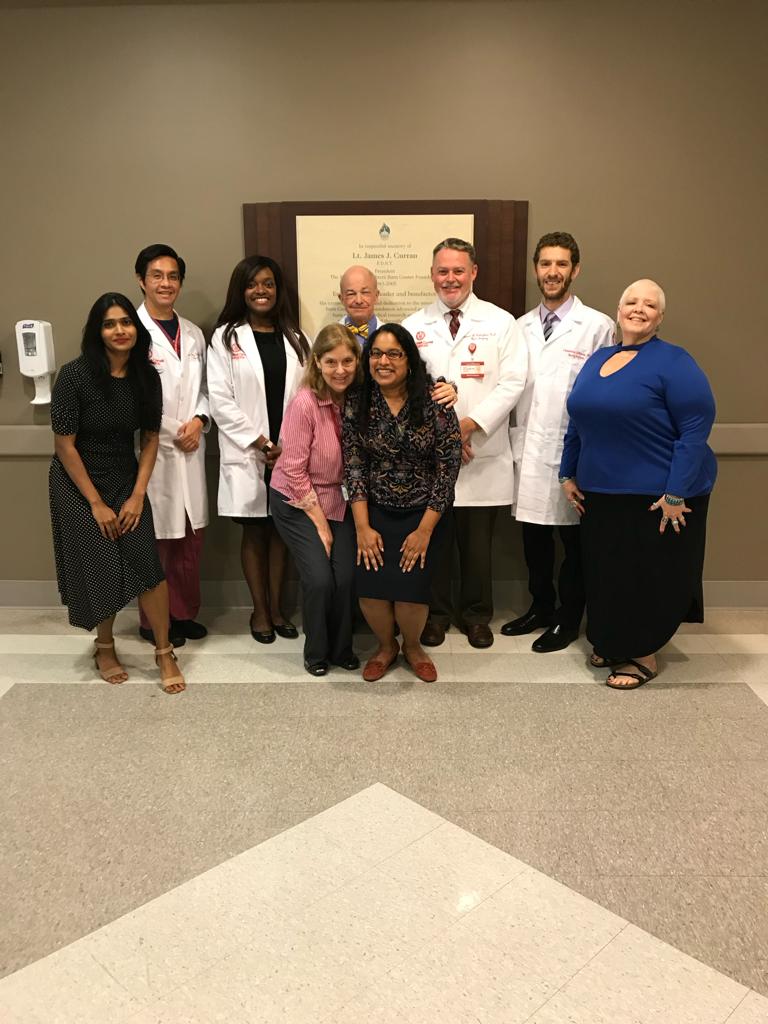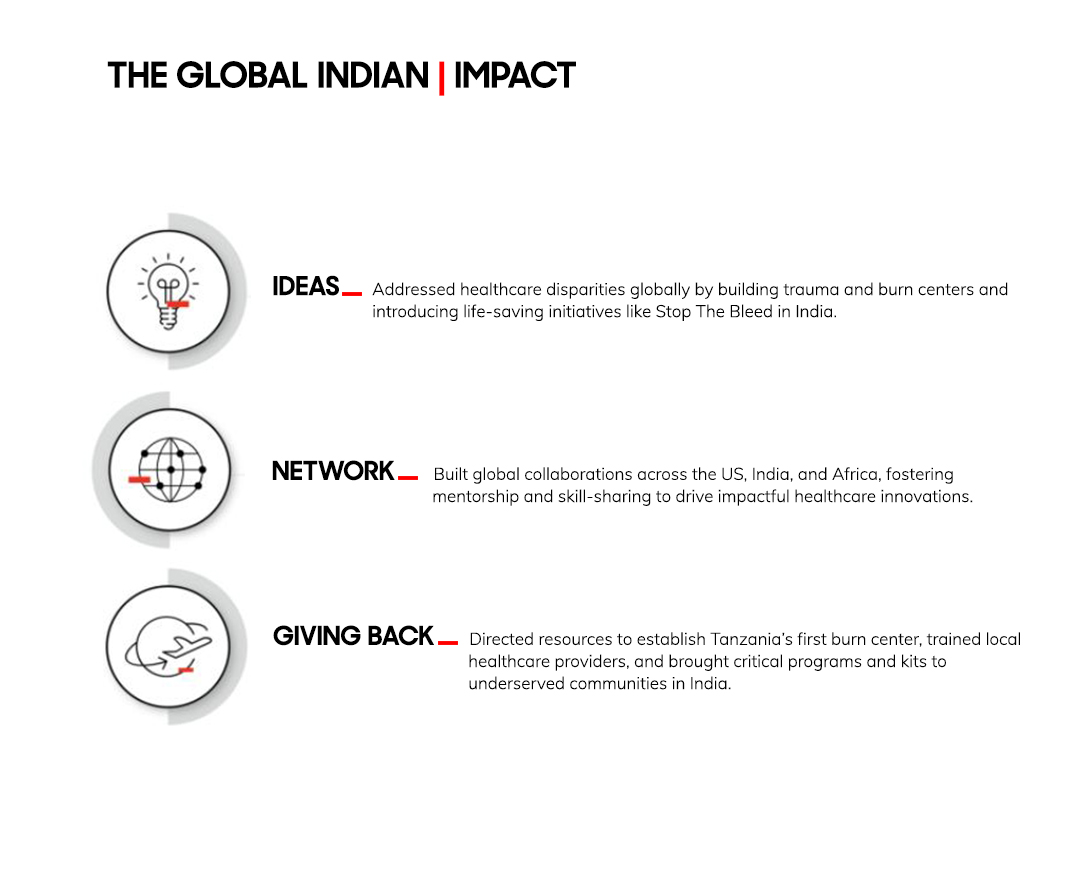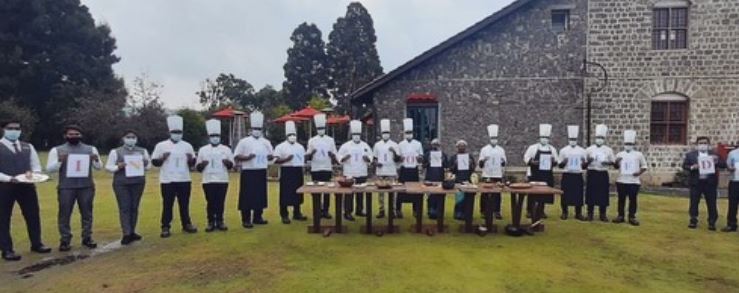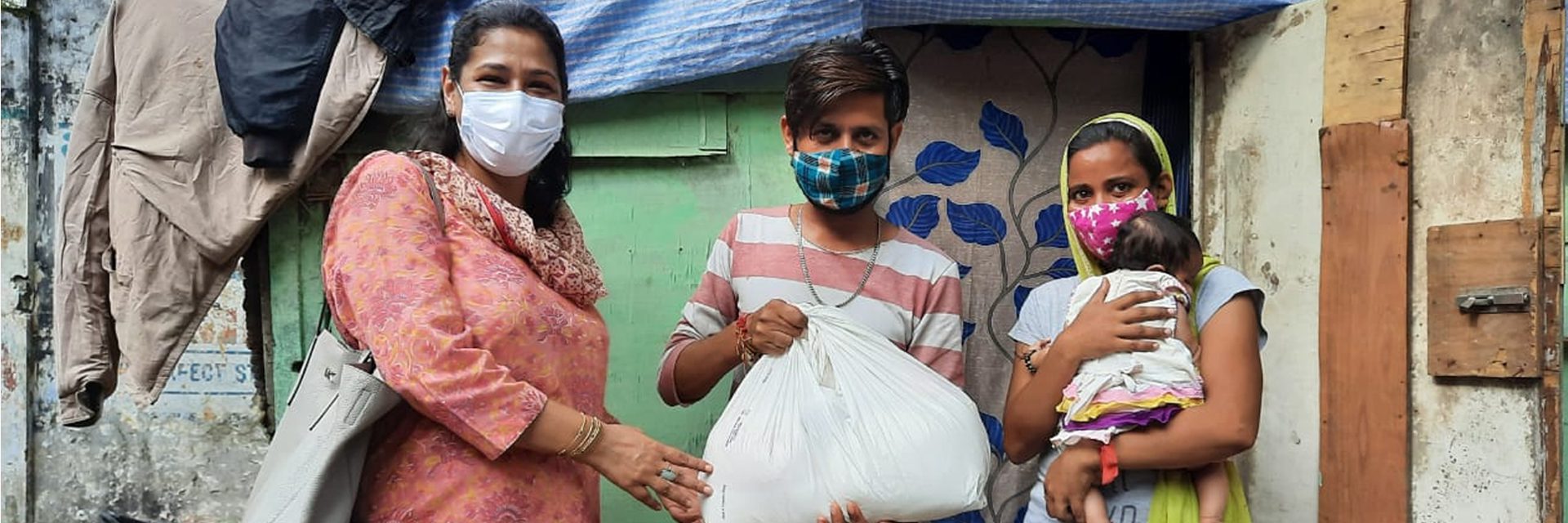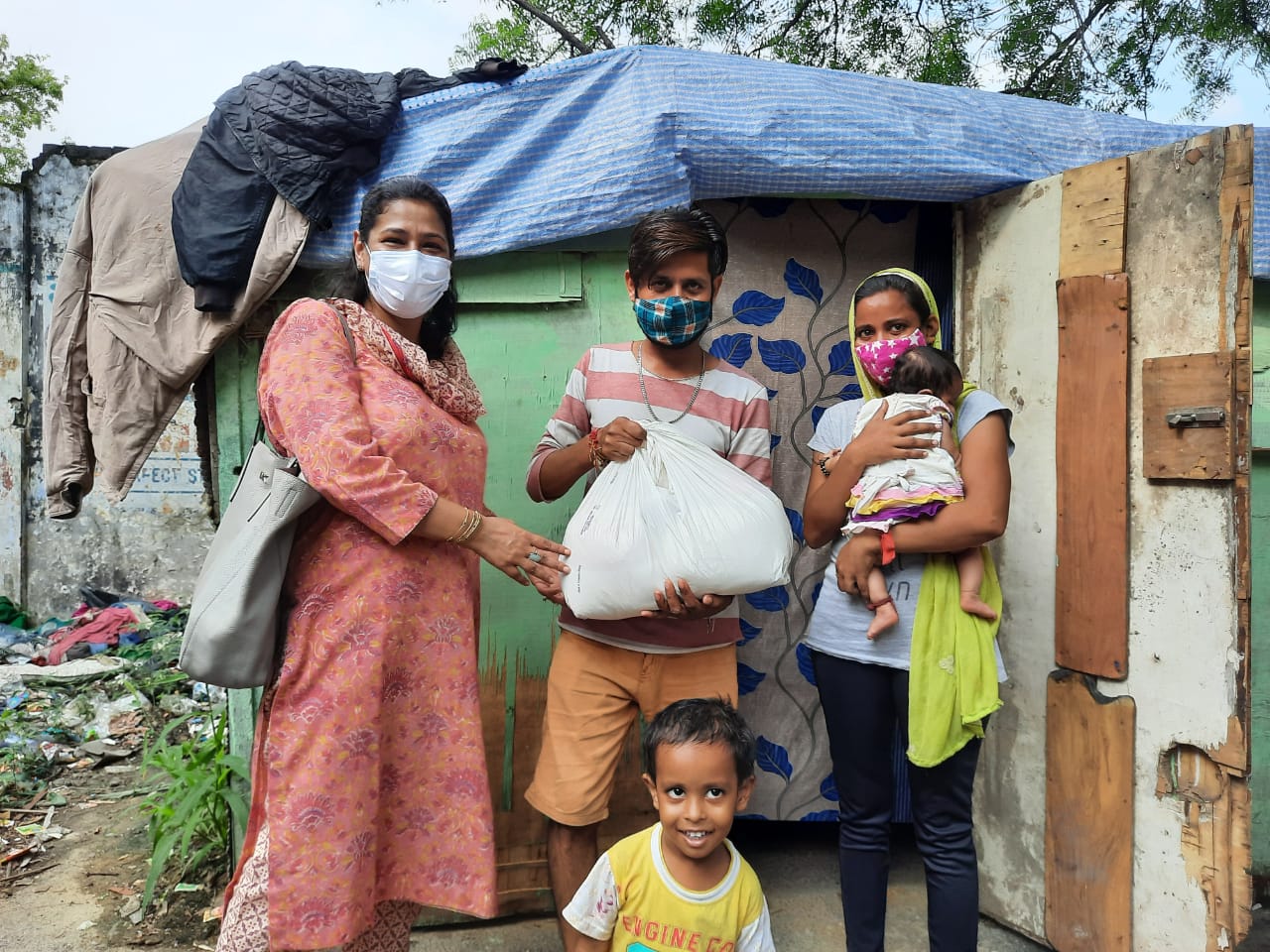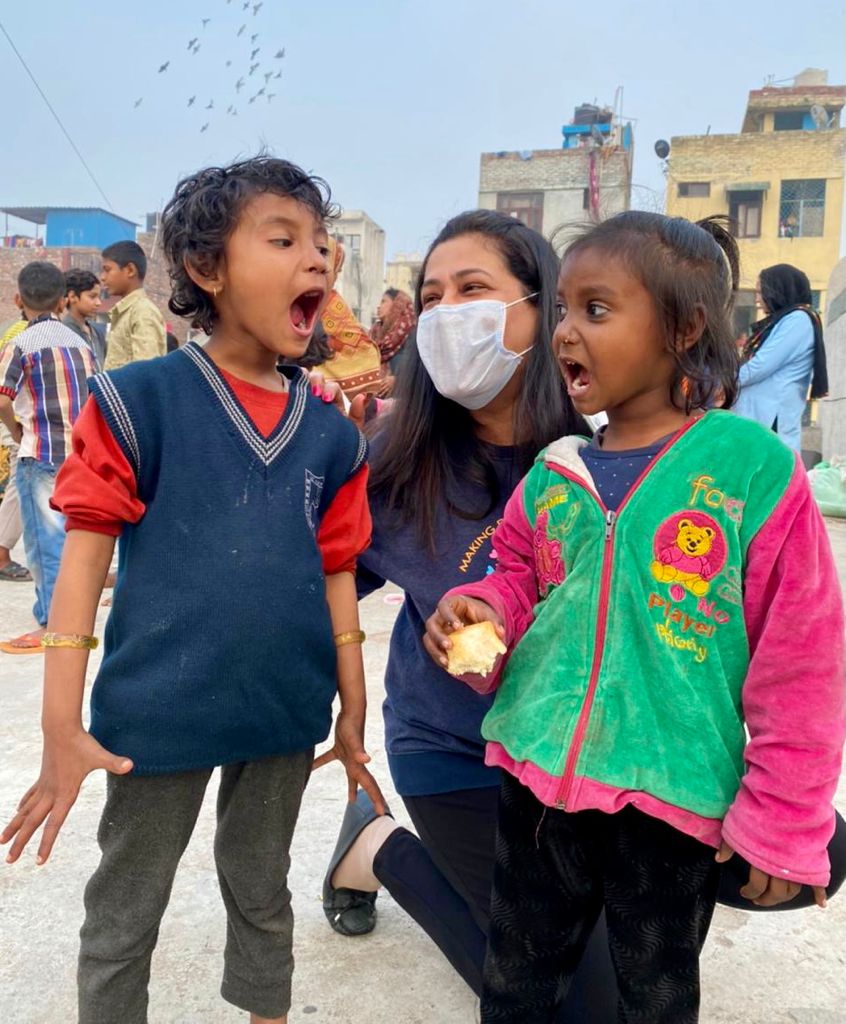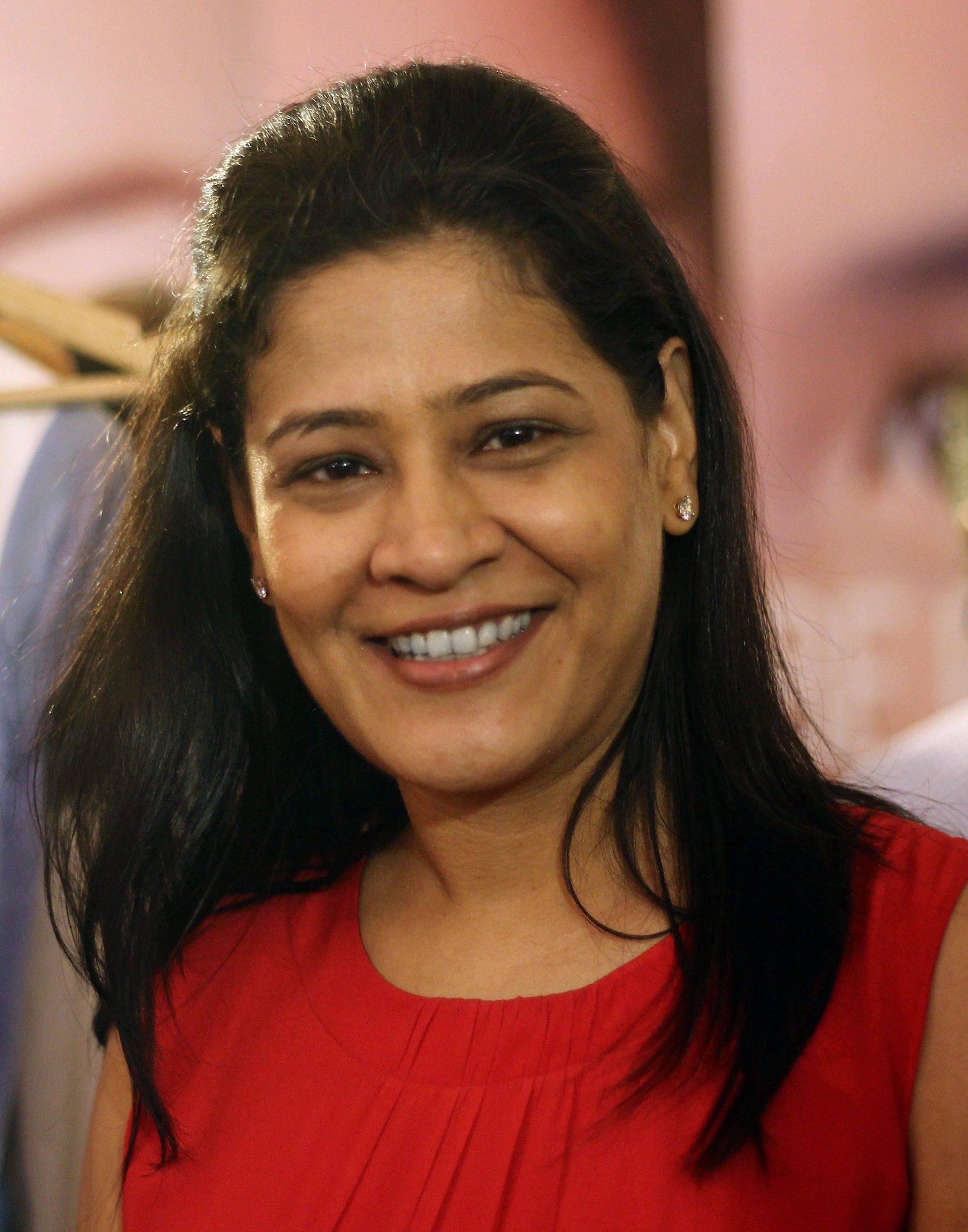(February 24, 2023) With the recent spate of unprecedented appointments in the United Kingdom, it is clear that the Indian diaspora is more than making its mark, across different walks of life, in the European nation.
The latest appointment in the news is that of Indian-origin medic Meghana Pandit as the CEO of the Oxford University Hospitals (OUH) NHS Foundation Trust. Professor Meghana, who received her MBBS from the University of Bombay, has become the first female and the first person of colour to hold the coveted post. The NHS Foundation Trust is one of England’s largest teaching trusts, representing some of the biggest teaching hospitals in the country.
🆕 Chief Executive Officer appointed
We are delighted to announce Professor Meghana Pandit (@megh_pandit) as our permanent Chief Executive Officer with effect from 1 March 2023.
🔗 https://t.co/v4tzsIOp90 pic.twitter.com/LJZj9QzPiA
— OUH (@OUHospitals) February 16, 2023
Joining the trust as Chief Medical Officer (CMO) in 2019, Professor Meghana has been serving as interim CEO since July 2022. Following a rigorous and competitive process, which concluded after what OUH described as an extensive national and international recruitment search, the Indian medic has got appointed to the post permanently.
“It is a privilege to be asked to lead OUH on a permanent basis. I look forward to continue working with colleagues at OUH, our partners in the health and social care system in Oxfordshire and across the BOB Integrated Care System, our partner universities, and Oxford Hospitals Charity, to ensure the highest quality of research and innovation enabled care for our patients and populations,” she said after the announcement was made.
Shining bright
The Indian origin doctor managed to impress the final selection panel comprising the Trust’s Chair, Professor Sir Jonathan Montgomery, two non-executive directors, lead governor, the chair of the Buckinghamshire, Oxfordshire and Berkshire West Integrated Care Board (BOB ICB), and the regional director for NHS England’s South East region during the final interview.
I am proud to have the opportunity to continue leading with compassion and respect for others, with a desire for excellence – Professor Meghana Pandit
The OUH said in its press release that “all members of the interview panel unanimously agreed that Meghana was the preferred candidate for appointment.” The recommendation was approved at a meeting of the Council of Governors.
The impactful leader
During her successful stint as the Chief Medical Officer of the OUH NHS Foundation Trust, the Indian-origin medic had led the development of clinical strategy at the institution. She was responsible for clinical quality, medical education, risk management, legal services, and research and development. Dr Meghana was also leading a team of over 1,000 doctors, and undertaking clinical office-based gynaecology.

During the interim period as CEO, Professor Meghana performed her duties with élan, displaying exceptional leadership. In a previous interview published by British Medical Journal (BMJ), the renowned UK medic had said, “Leaders should be accountable for their actions and responsible for maintaining staff and patient safety.”
Leaders should facilitate change and empower staff to speak up. Support for colleagues and consistent messaging are incredibly important – Professor Meghana Pandit
From Bombay to UK
After finishing her MBBS from the University of Bombay, the Global Indian moved to the Oxford Deanery in the UK, where she specialised in obstetrics and gynaecology. Later, life took her to the US, where she was a visiting lecturer of urogynaecology at the University of Michigan, Ann Arbor.
Her career in United Kingdom boasts several coveted roles. Dr Meghana has served as consultant obstetrician and gynaecologist, clinical director and then divisional director at Milton Keynes, Buckinghamshire, England. She contributed to the growth of University Hospitals Coventry and Warwickshire NHS Trust (UHCW) as Chief Medical Officer (CMO) and consequently the Deputy Chief Executive (DCE), before joining Oxford University Hospitals NHS Trust.
Great to see @OUHospitals deliver innovative specialist care through Nuffield Orthopaedic Centre, utilising short stay units and data to tackle their elective backlog.
We've eliminated the longest waits for treatment and are on track to eliminate 18-month waits by April. pic.twitter.com/mal962K4Hx
— Will Quince MP 🇬🇧 (@willquince) February 15, 2023
Having received her MBA from Oxford Brookes University, she moved to the prestigious INSEAD University in Fontainebleau, for the Innovating Health for Tomorrow programme. Dr Meghana has done impactful work as a founding senior fellow of the faculty of medical leadership and management, an associate fellow at Green Templeton College, University of Oxford, and a professor of practice at Warwick University.
Being kind to each other and oneself goes a long way in our work. We are all very busy and can very easily forget to appreciate our colleagues for what they do. It is important to put ourselves in their shoes — to gain powerful insights that shape how we act — and learn to appreciate others – Professor Meghana Pandit
“Throughout my career, and more so since I have held leadership roles, it has become clear to me that as a leader, one has to communicate clearly and ensure consistency in messaging,” she had said. Above all, she values the patient experience.
For Professor Meghana, who is making waves on the professional front; her loving and supportive family enables her to reach great heights. A passion for long walks and cooking have been the medic’s go-to, helping her relax amidst her several demanding roles over the years.
- Follow Professor Meghana Pandit on LinkedIn

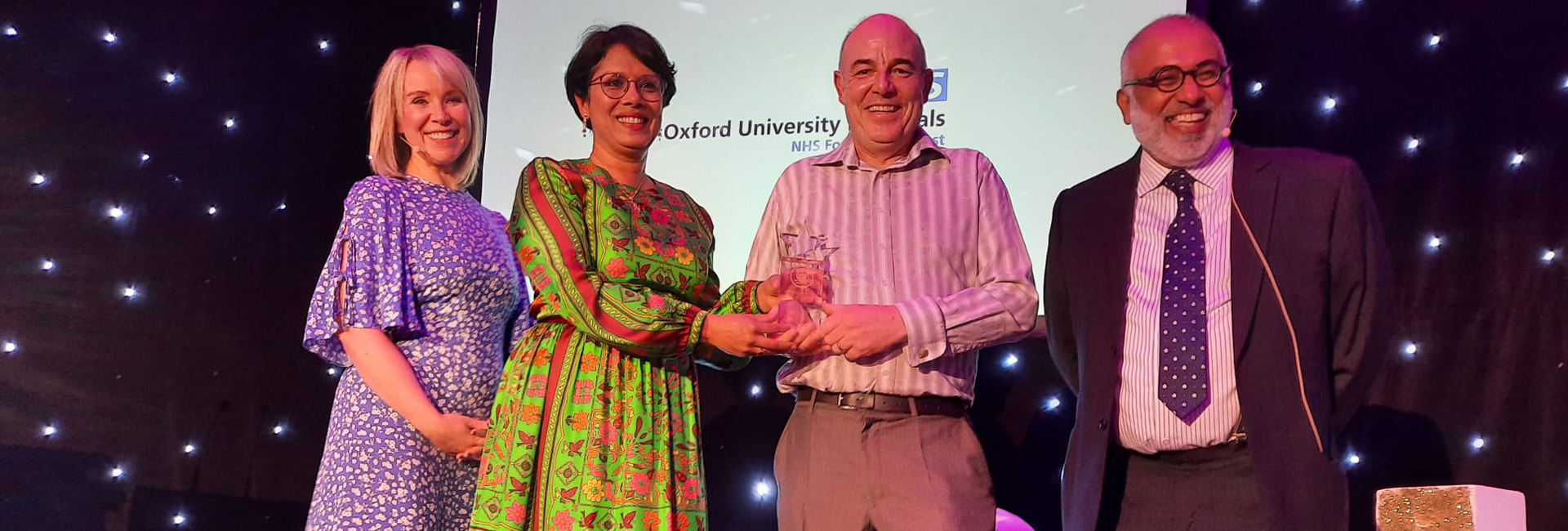
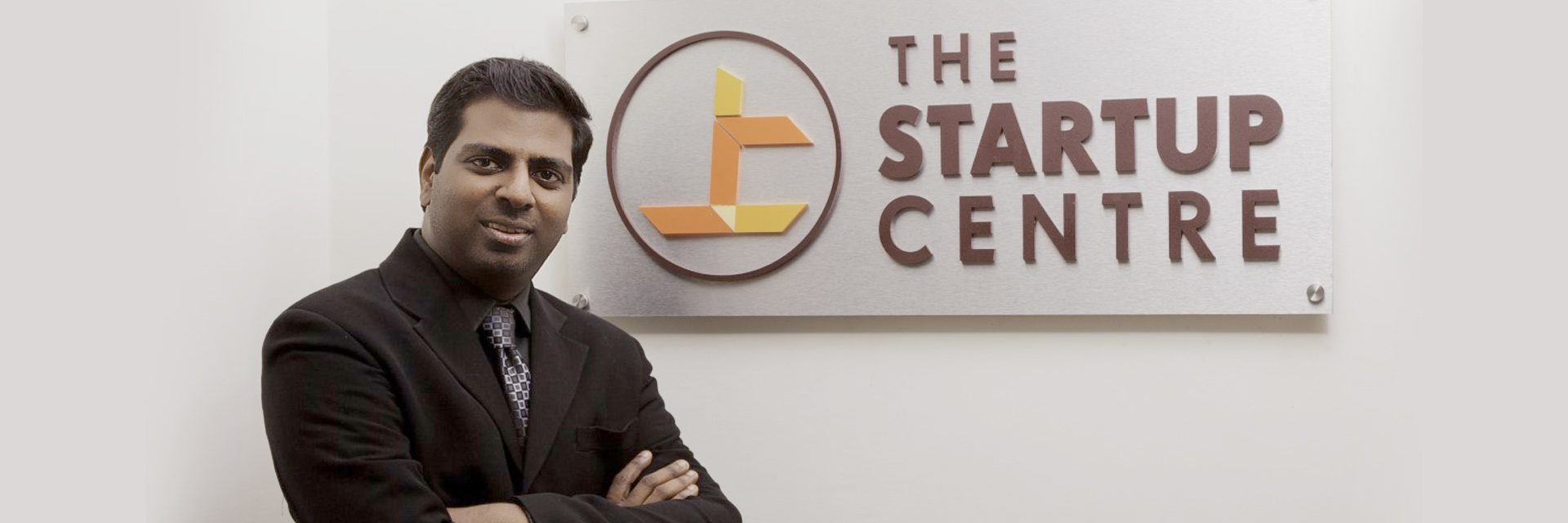
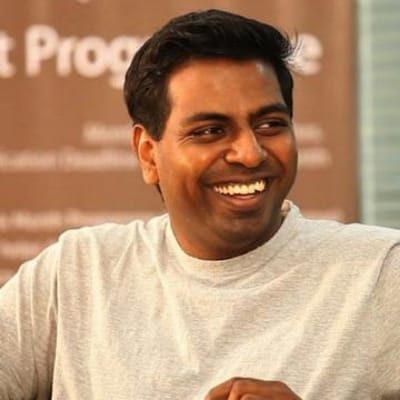
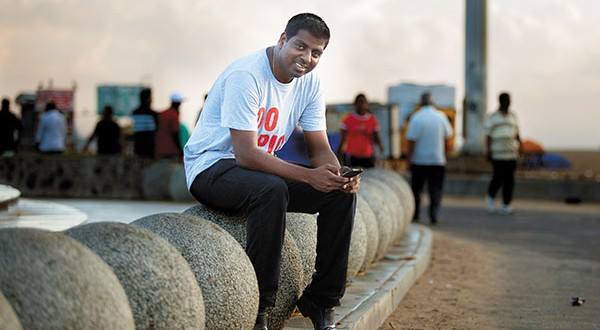

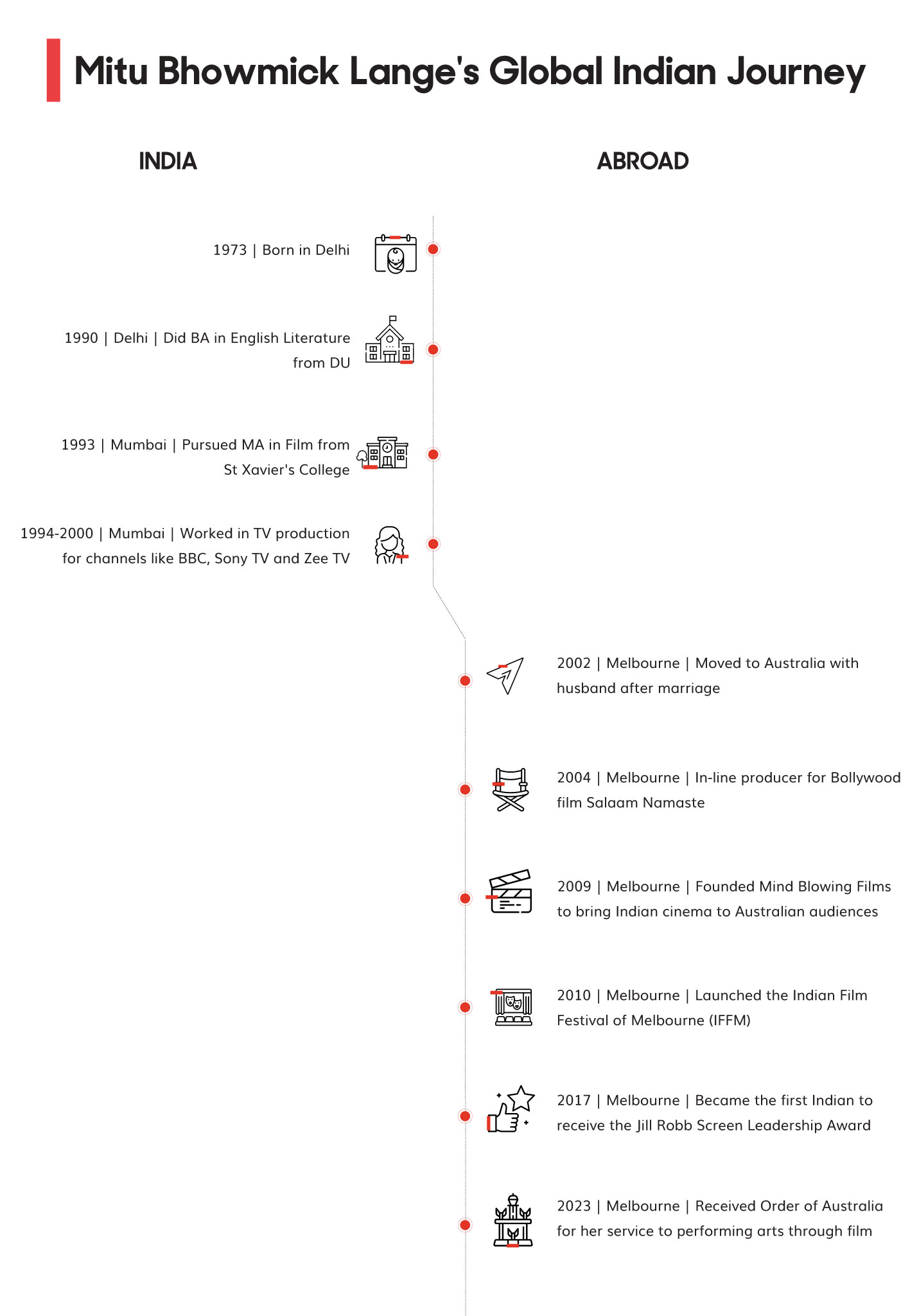
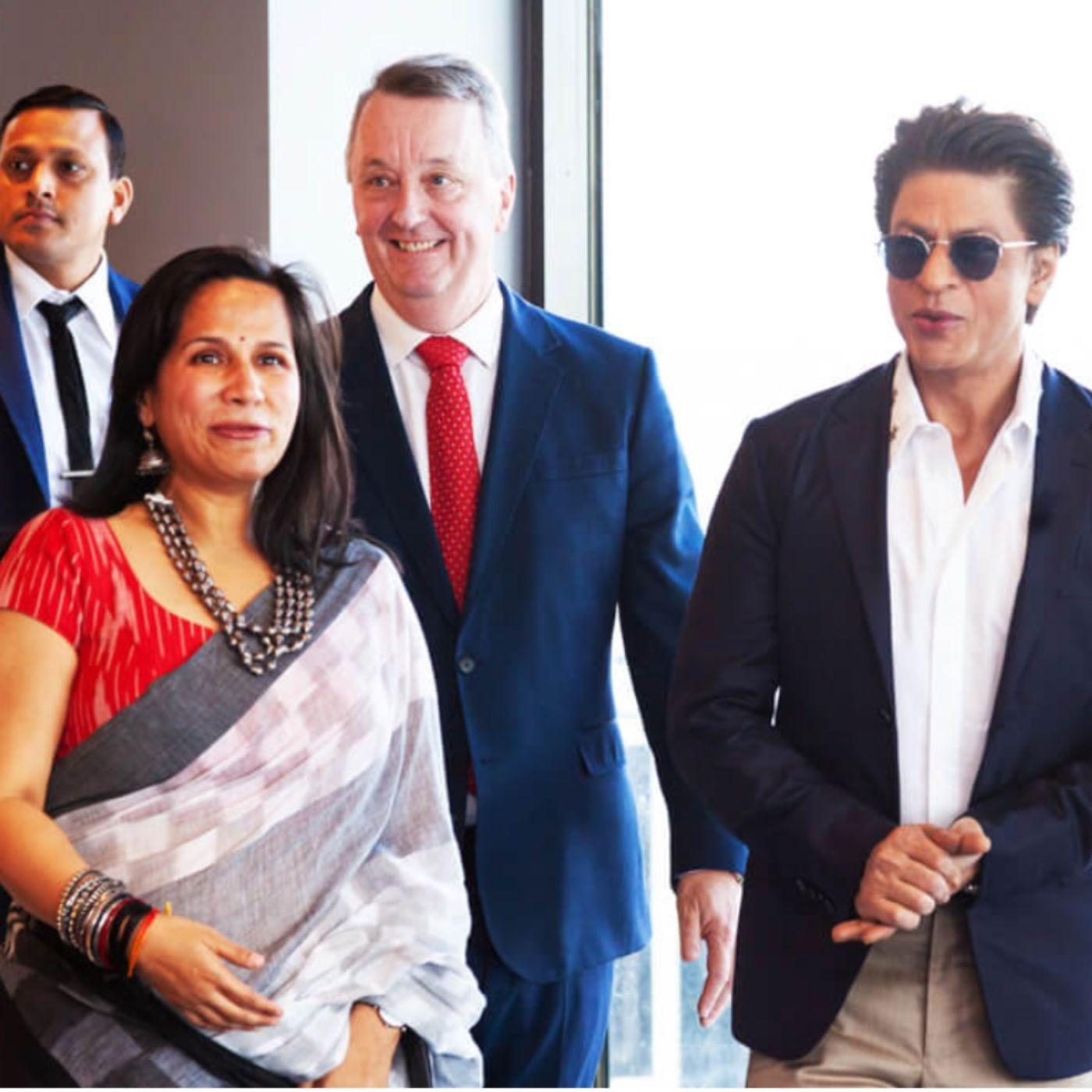 Mitu Bhowmick with Shah Rukh Khan[/caption]
Mitu Bhowmick with Shah Rukh Khan[/caption]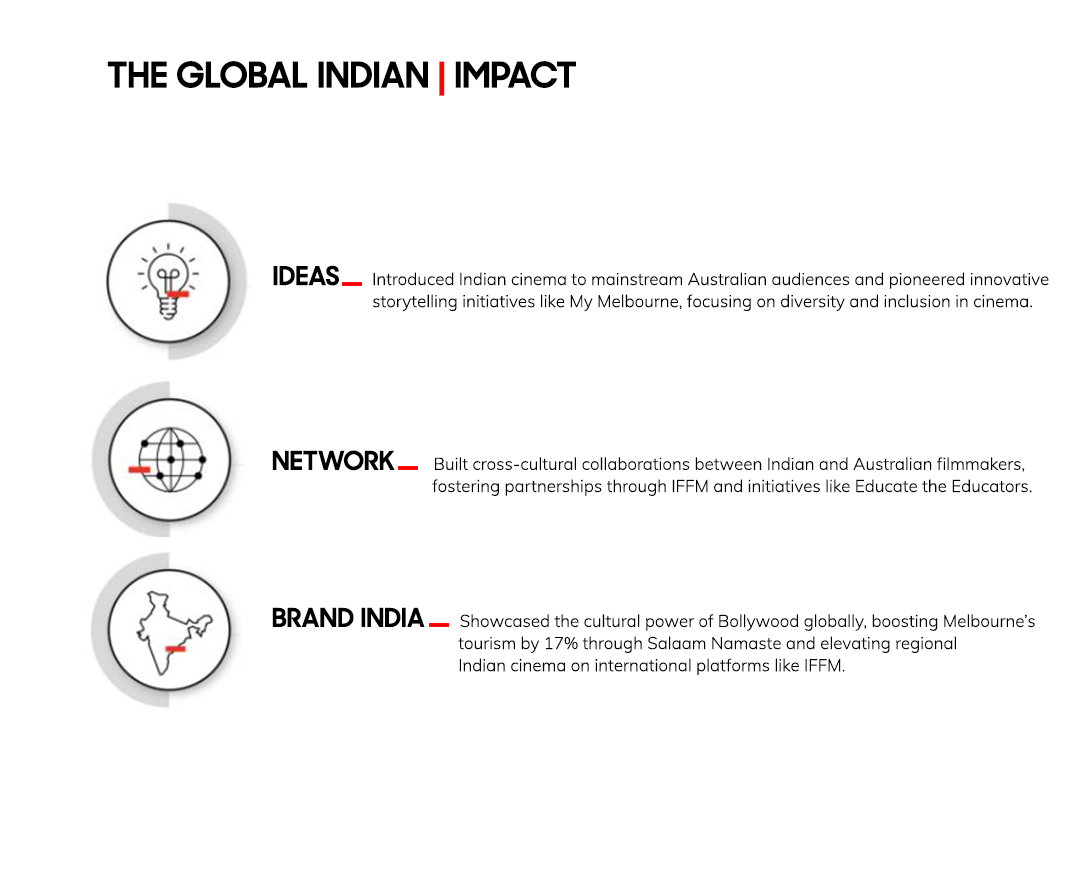

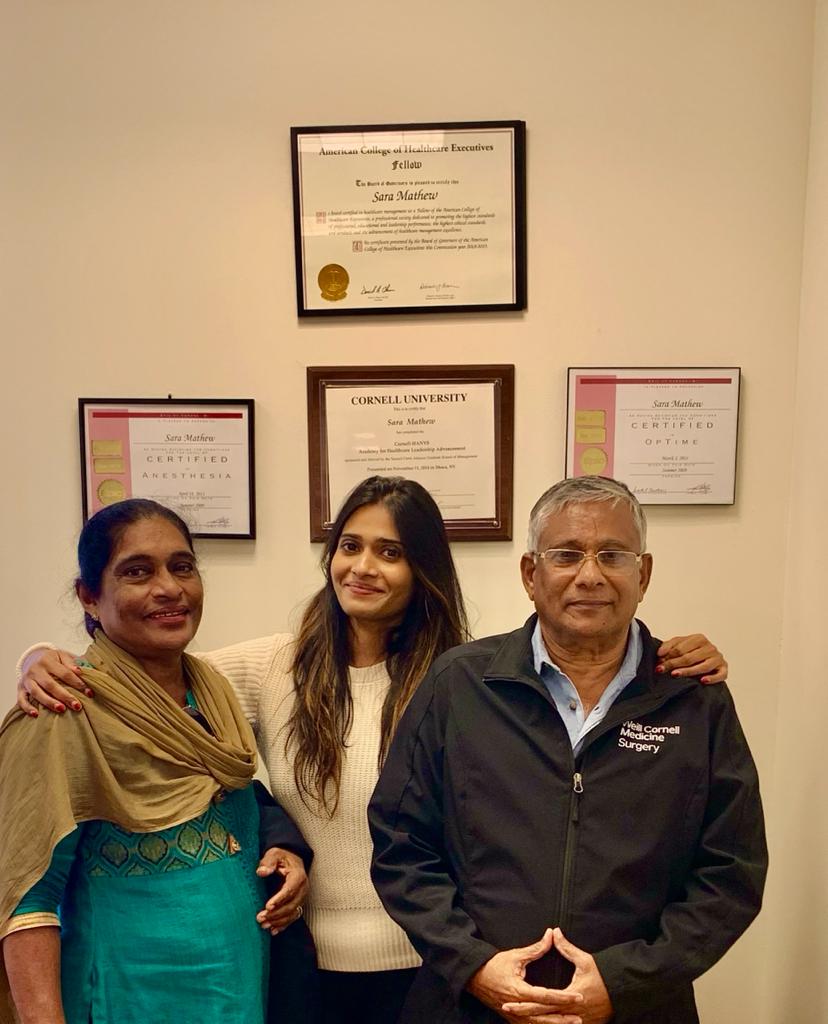 Sara Mathew with her parents[/caption]
Sara Mathew with her parents[/caption]